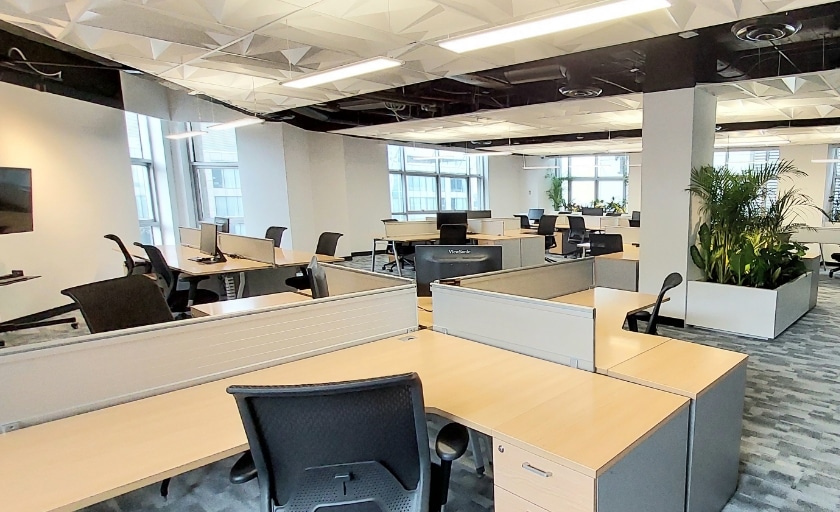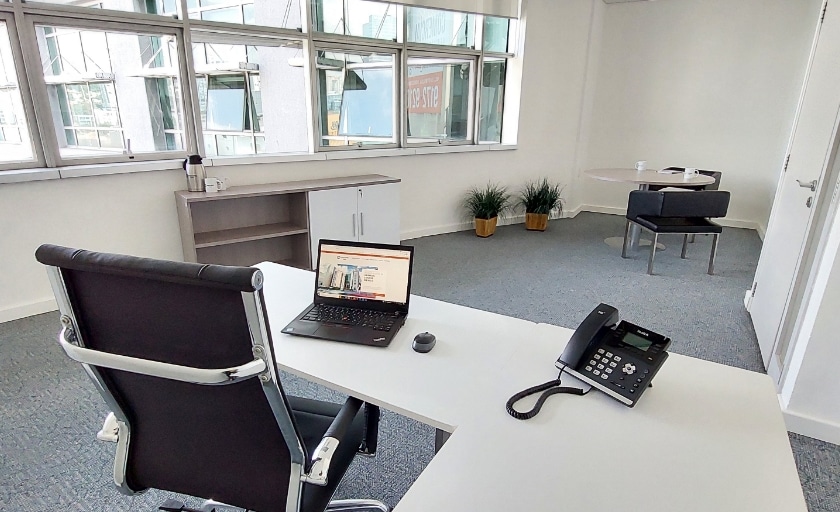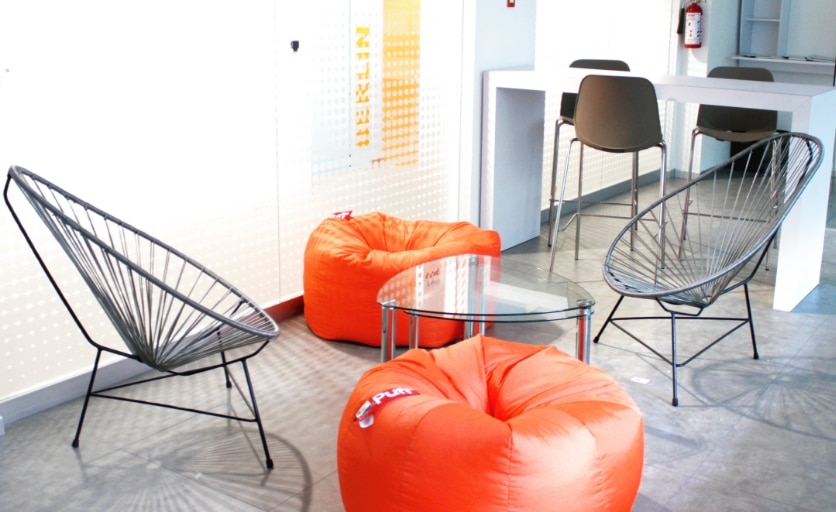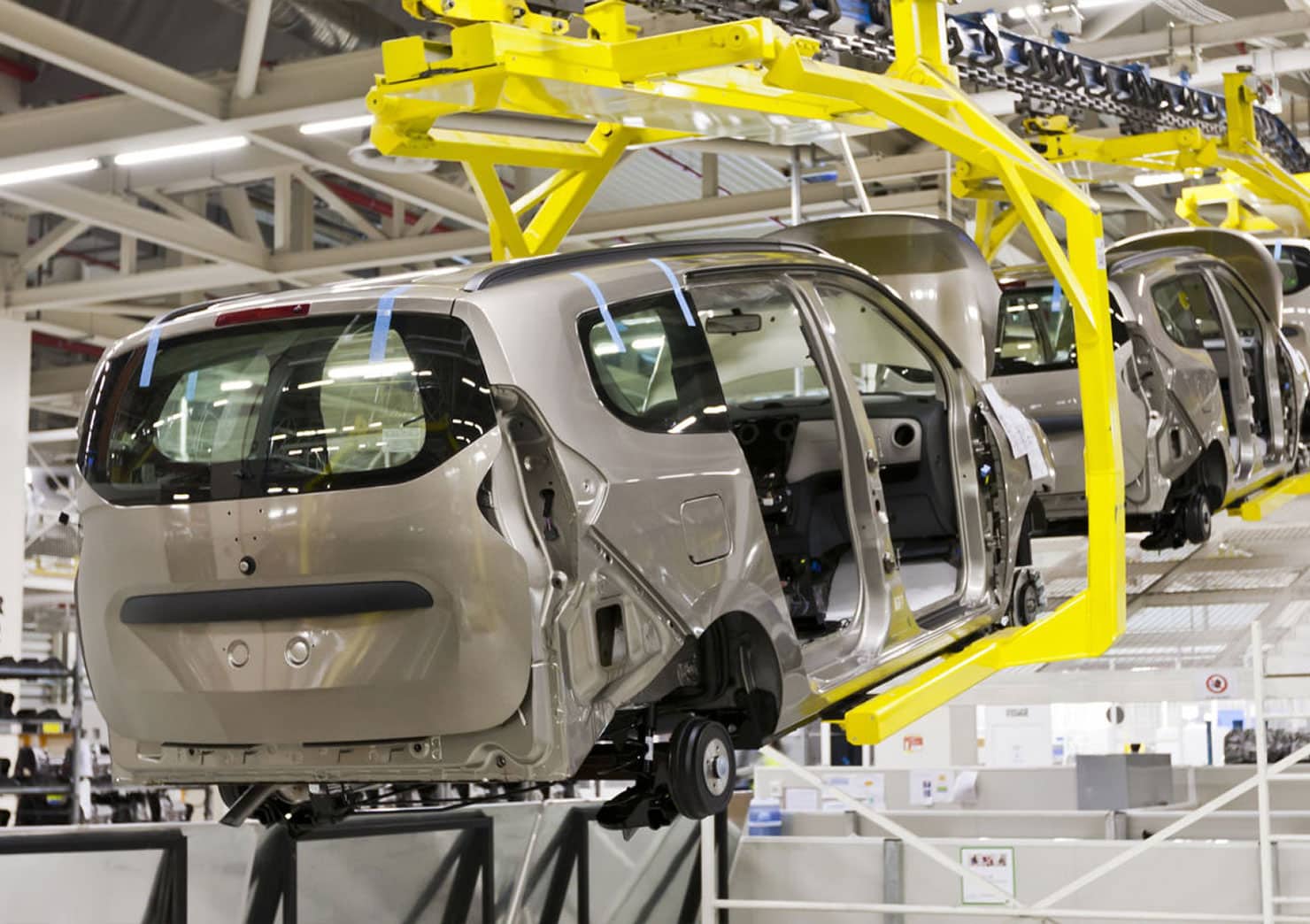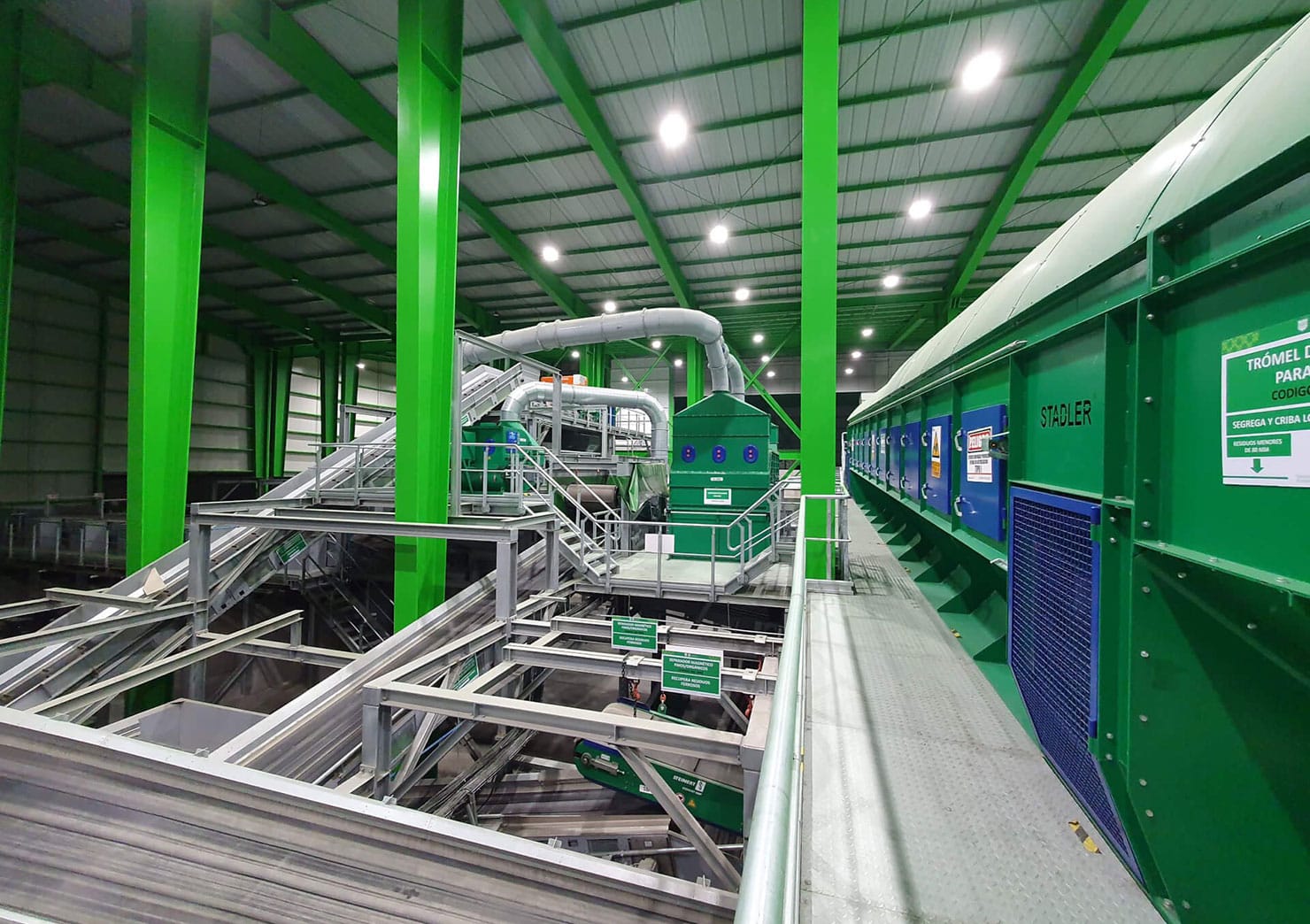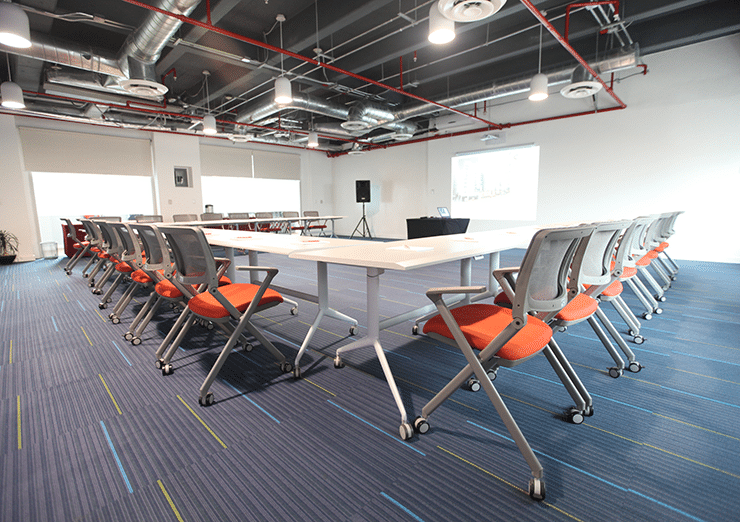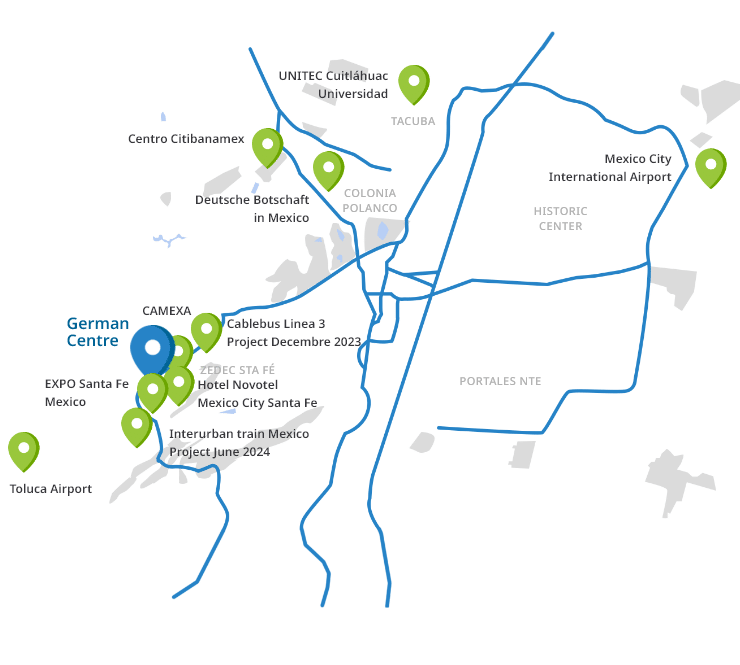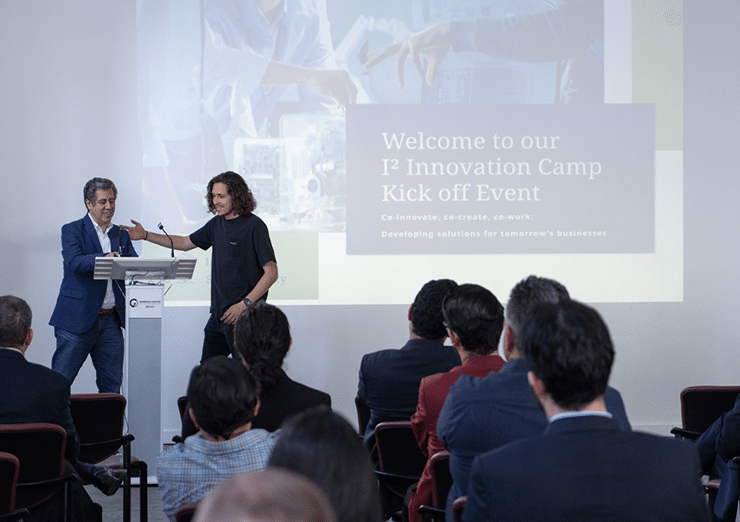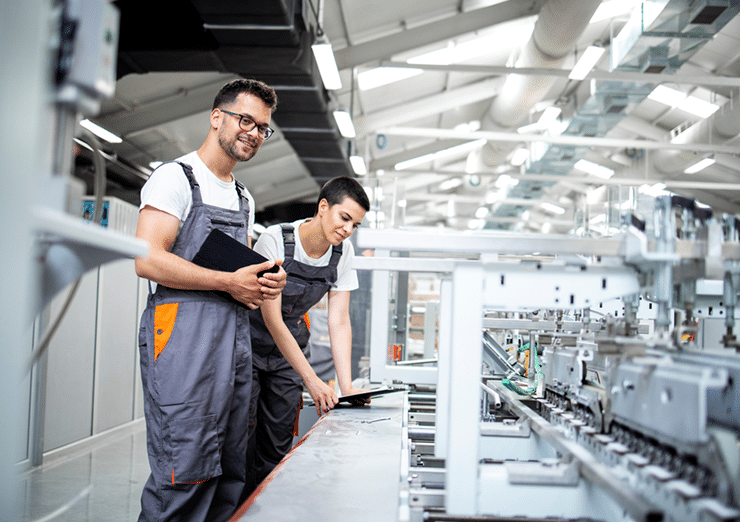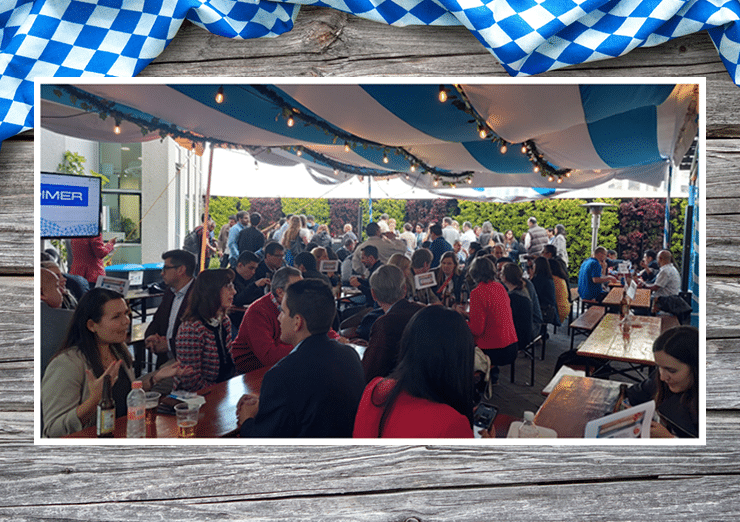One location, many markets
Setup and Showcase at German Centre Mexico
For companies looking to expand into the dynamic Mexican market, the German Centre Mexico is the place to go. More than 110 companies under one roof, attractive office space in a prime location and a valuable business network make the renowned German Centre the perfect address for smart products and solutions “Made in Germany”.
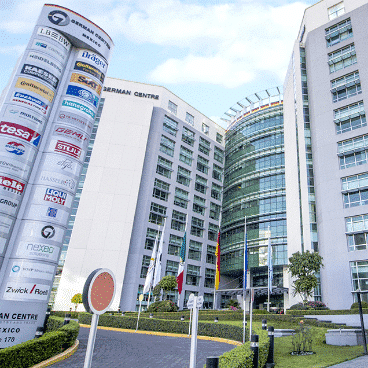
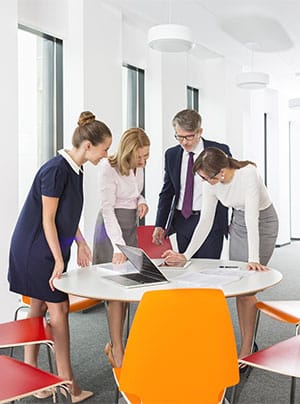
Market opportunities
Why you should have your office here

Flexible Solutions
From small to big, from co-working to showcasing – we have the ideal space for you.
Strategic Location
At the heart of Mexico’s largest business district, well connected throughout Mexico and beyond.
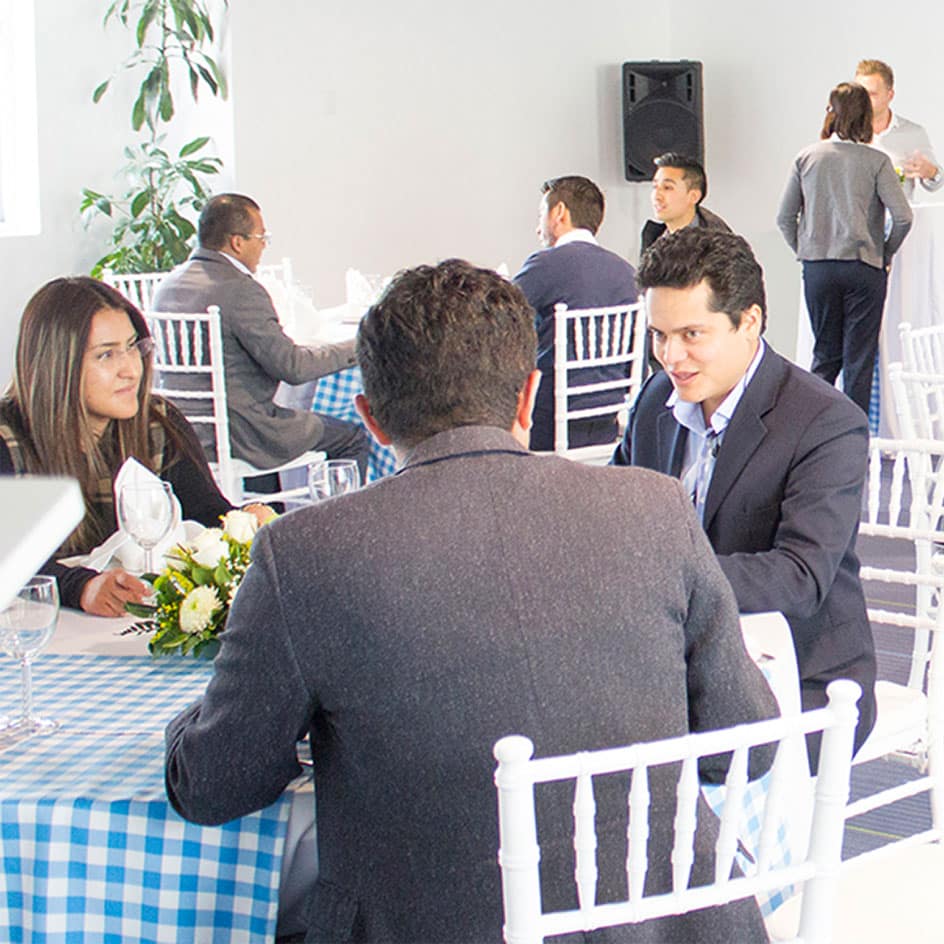

Growth Market
13 FTAs with 50 countries and counting: a perfect location for many industries
Network
Market knowledge
Gain access to valuable information, e.g. during our networking events.


One- Stop Shop
Find all the services for a successful market entry in one space.
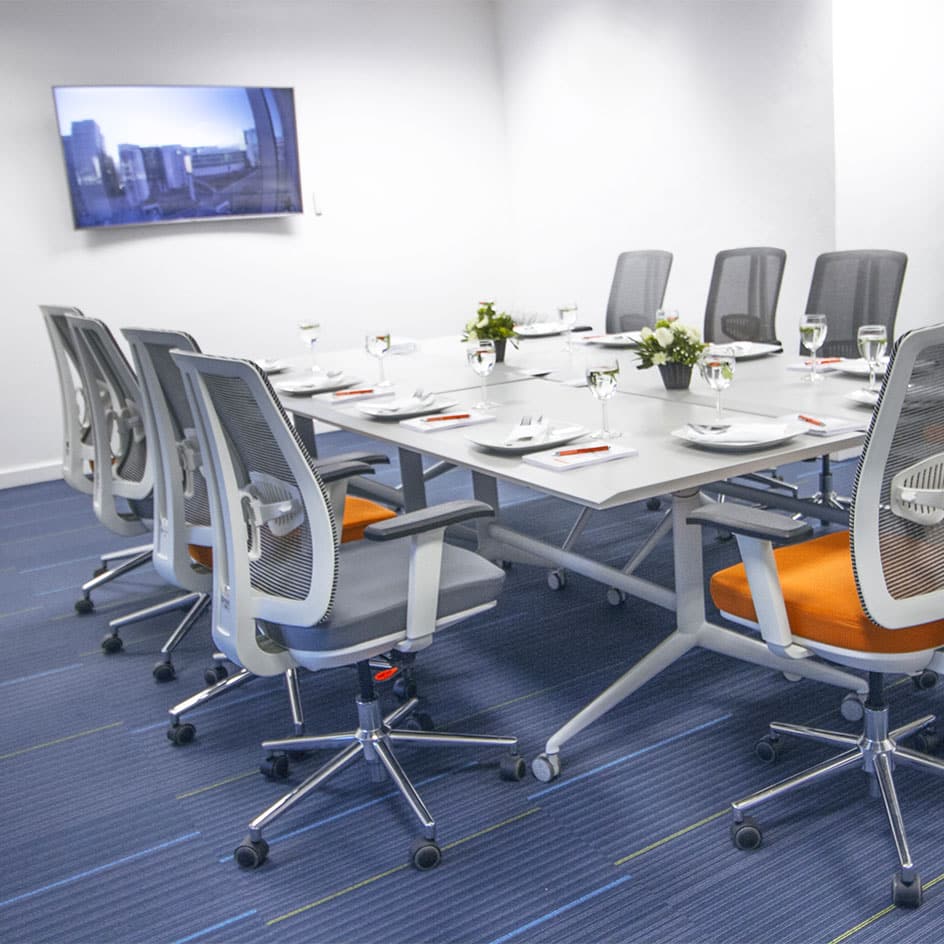
Your benefits
Specialties for this location
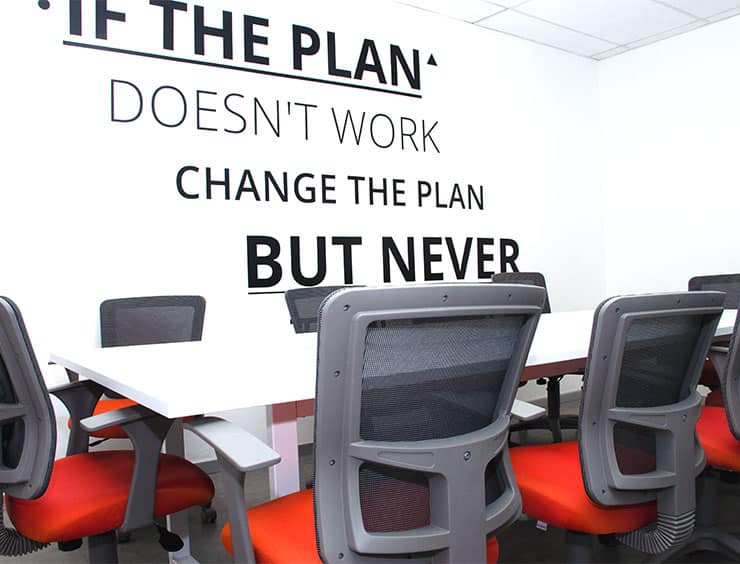
The right place and the best network for your business
Whether you are a start-up, an SME or a multinational, the German Centre Mexico is your one-stop shop for successful market entry and growth. We provide the recipe for successful business development: functional workspaces for business growth, building facilities and a community that fosters interpersonal exchange. As a business platform, we connect people and support companies with flexible space solutions, valuable market information and a professional network of experts from a wide range of industries. Best of all, you can find it all in one place at the German Centre Mexico.
Spaces
Solutions to work, meet and showcase
Office Spaces
Flexible work spaces that meet your demands
Services & Stories
What moves our clients and ourselves
Over
A total of
Network with
Up to
More than
News & Events
What’s happening at German Centre Mexico?
German Centre Mexico connects corporates with startups
German Centre Mexico hosted its first I² Innovation Camp in 2023, a matchmaking program that connected its resident companies with startups from different industries.
Industry 4.0 Roundtable
Invited by German Centre Mexico and CAMEXA. industry experts will get together to discuss the challenges and opportunities of the digitization of the manufacturing sector in the region.
Oktoberfest in Mexico
We are thrilled to extend a warm invitation to you for an exceptional business networking event – the Oktoberfest hosted by German Centre Mexico!










